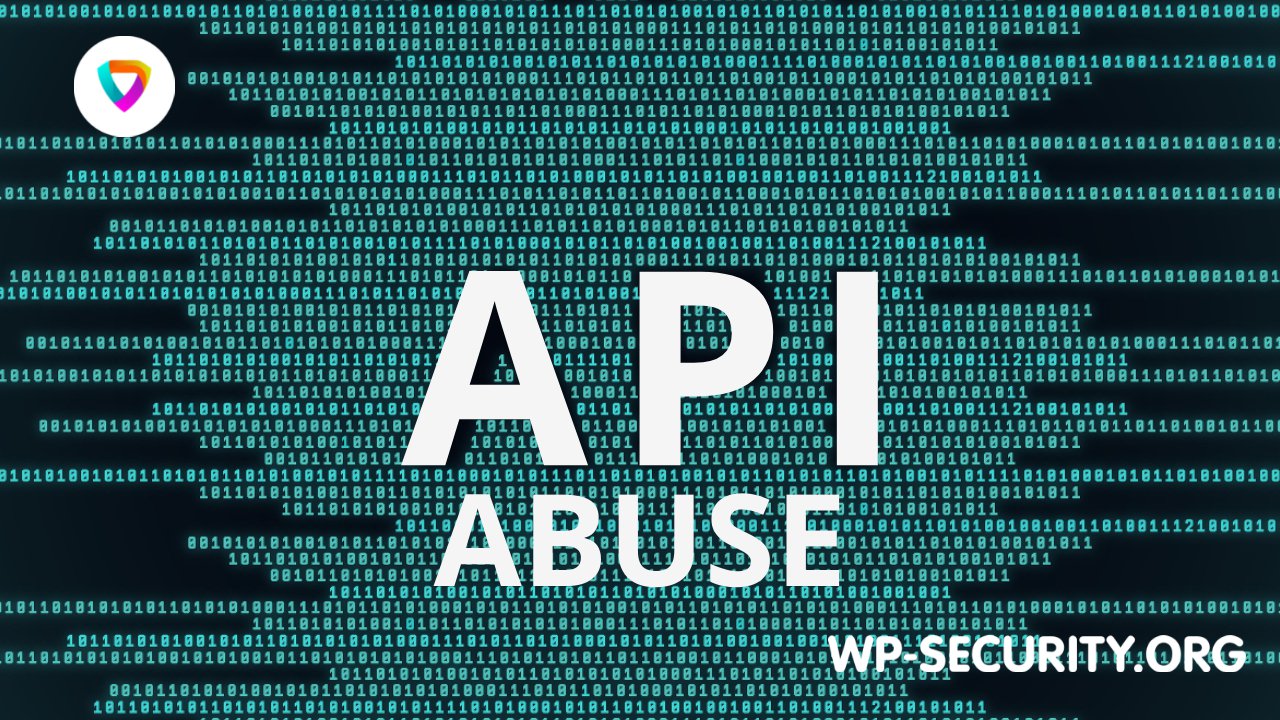Introduction – What is API Abuse?
API (Application Programming Interface) Abuse is a growing concern for businesses and individuals who rely on APIs to exchange data and perform various functions. API abuse occurs when an attacker misuses an API, causing security vulnerabilities that can be exploited to steal data, execute unauthorized commands, or perform other malicious actions.
API abuse can take many forms, including:
- Scraping: using automated scripts to extract large amounts of data from an API, which can slow down or crash the server.
- Spamming: using an API to send large numbers of spam messages or requests, which can also slow down or crash the server.
- Injection attacks: injecting malicious code into an API request in order to execute arbitrary commands on the server.
- Stealing data: Using the API to access sensitive information like personal user data or financial information.
Recent Data Breaches via API Abuse
API abuse has been linked to several high-profile data breaches in recent years, causing significant damage to affected businesses and their customers. Here are a few examples:
1) The Optus Breach
In 2020, Australian wireless service provider Optus suffered a data breach when an attacker used an unauthenticated API endpoint to gain access to customers' sensitive data. This breach highlighted the need for businesses to take API security seriously and implement measures to protect against API abuse.
2) Venmo and Coinbase
Venmo and Coinbase are two examples of businesses that suffered data breaches due to API abuse. In both cases, attackers were able to exploit vulnerabilities in the companies' APIs to gain unauthorized access to sensitive data. These breaches illustrate the challenges of detecting and preventing API abuse, as this type of traffic can look normal to security tools like web application firewalls.
3) Twitter’s API Vulnerability
In 2021, Twitter disclosed a security vulnerability that allowed attackers to access user data via its API. The vulnerability was exploited to harvest personal data, including usernames, email addresses, social security numbers, and dates of birth. This incident underscores the need for businesses to implement robust API security measures to protect against data breaches and other types of attacks.
The Impact of API Abuse
API abuse can have severe consequences for businesses and individuals. Here are some of the ways API abuse can cause harm:
- Data breaches: Attackers can use API abuse to gain unauthorized access to sensitive data, leading to identity theft, financial fraud, and other serious consequences for both individuals and organizations.
- Ransomware attacks: Malware can be injected into a server or network via an API, causing data to be encrypted or locked up. Attackers may then demand a ransom in exchange for the decryption key or a promise not to release stolen data to the dark web.
- DDoS attacks: APIs can be used to launch a distributed denial-of-service (DDoS) attack against a server or network, causing operational downtime, financial losses, and reputational damage.
- Account takeover: Attackers can use APIs to gain unauthorized access to user accounts, allowing them to make unauthorized transactions, purchases, change login credentials and personal information, causing serious damage to the organization's reputation and an individual's accounts.
- Supply chain attacks: Attackers might use an API of a software component supplier, such as a library, to gain access to the vulnerable component's user base.
Preventing API Abuse
API providers can take several steps to prevent API abuse and protect against data breaches:
- Implement access controls: APIs should be secured with access controls, such as authentication and authorization, to ensure that only authorized users can access sensitive data.
- Monitor API traffic: Businesses should monitor API traffic for signs of abuse, such as excessive requests or unusual patterns of behaviour.
- Implement rate limiting: To prevent scraping or other types of
In conclusion, learning a new language can be a challenging but rewarding experience. Not only does it allow you to communicate with people from different cultures and backgrounds, but it can also improve your cognitive abilities and open up new opportunities in your personal and professional life. To make the most of your language learning journey, it's important to find a method that works for you, set realistic goals, and stay motivated. By immersing yourself in the language, practising regularly, and seeking out opportunities to use your skills, you can become fluent in a new language and gain valuable skills for life. If you need any help, please feel free to comment below or contact our livechat support team.
